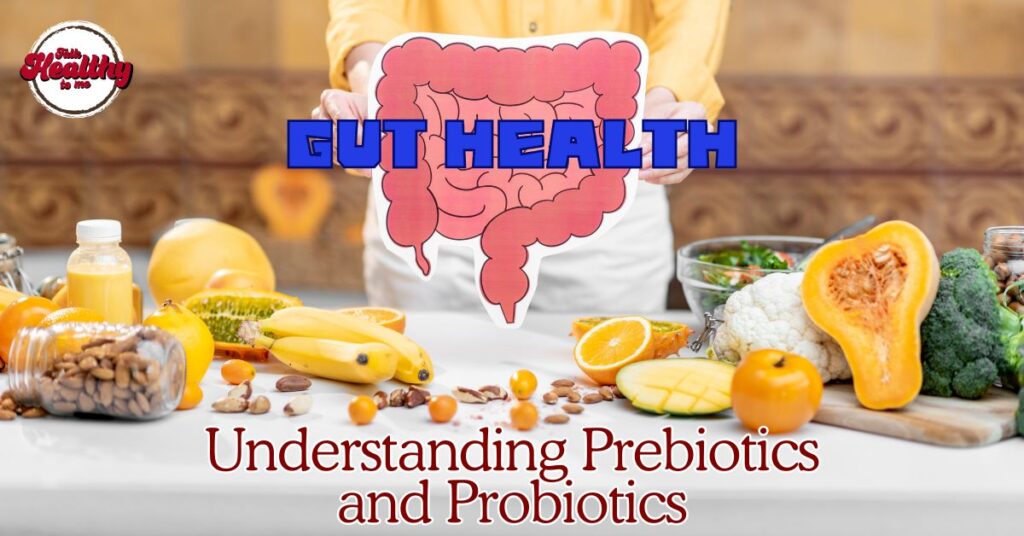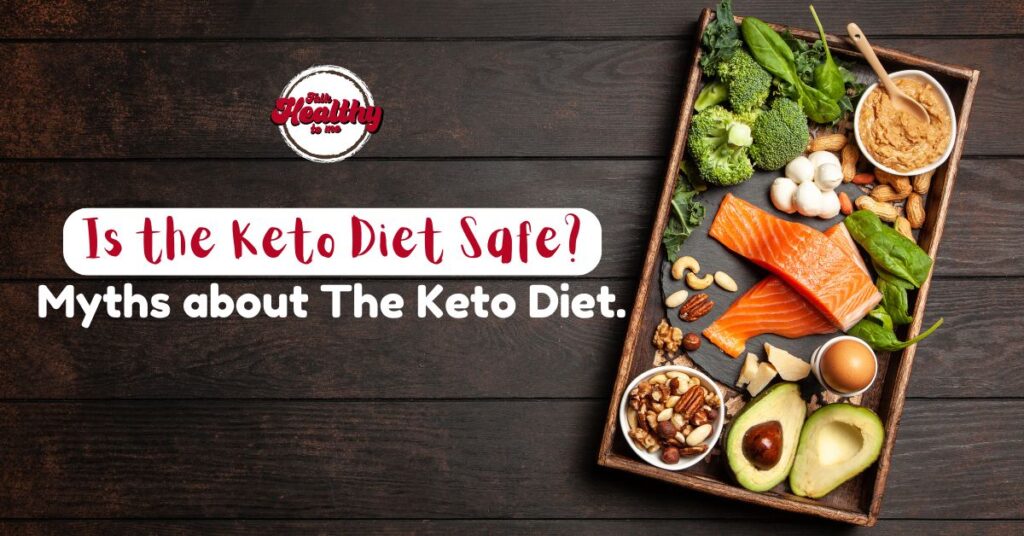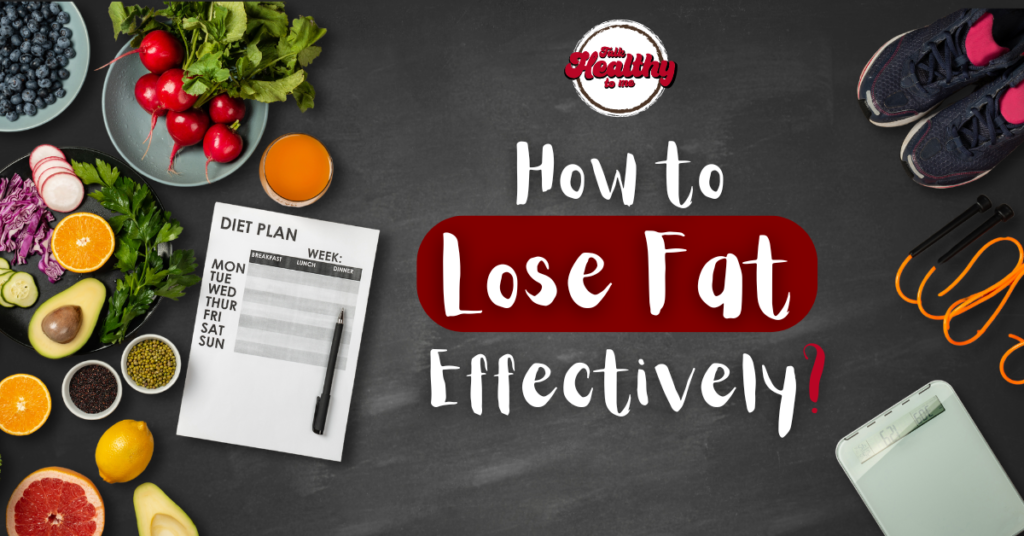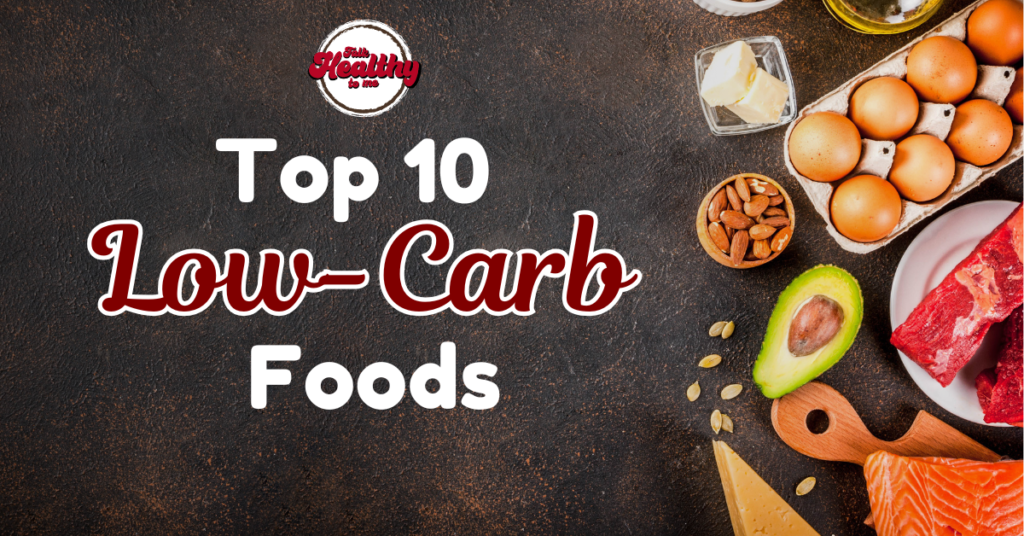Maintaining a healthy gut is more important than you might think. Did you know your gut is often called your “second brain”? It influences your digestion, immunity, and even mood! When we talk about gut health, two key players always pop up: prebiotics and probiotics. But what exactly are they, and why should you care? Let’s dive in and uncover how these tiny yet mighty helpers keep your gut—and you—healthy.
What Is Gut Health and Why Does It Matter?
Your gut isn’t just about digestion; it’s like the command center for your entire body. A healthy gut helps process nutrients, supports immunity, and keeps harmful invaders at bay. When your gut health is out of balance, it can lead to bloating, fatigue, and even chronic diseases.
Understanding the Gut Microbiome
Imagine your gut as a bustling city, populated by trillions of microorganisms. This community, called the gut microbiome, includes bacteria, viruses, fungi, and other microbes. A diverse and balanced microbiome is crucial for overall health, acting as a peacekeeper in your digestive system.
What Are Probiotics?
Probiotics are live bacteria and yeasts that benefit your gut. Think of them as “friendly” bacteria that help maintain balance in your microbiome. You can find probiotics in foods like yogurt, kimchi, and kombucha. They’re like reinforcements for your gut army, ensuring everything runs smoothly.
What Are Prebiotics?
Prebiotics, on the other hand, are the food for your friendly gut bacteria. They’re non-digestible fibers found in foods like bananas, onions, and garlic. Prebiotics fuel the growth of probiotics, helping them thrive and do their job effectively.
The Difference Between Probiotics and Prebiotics
Here’s an easy way to remember: Probiotics are the workers, and prebiotics are their lunch. While probiotics actively contribute to gut health, prebiotics ensure these workers are well-fed and energized.
How Do Prebiotics and Probiotics Work Together?
Probiotics and prebiotics are a dynamic duo. When you consume both, you create a nurturing environment for good bacteria to grow and flourish. This synergy, called synbiotics, enhances gut health more effectively than either component alone.
Foods Rich in Probiotics
Want to add more probiotics to your diet? Look for fermented foods like:
- Yogurt: Choose varieties with live and active cultures.
- Sauerkraut: A tangy, probiotic-rich option.
- Miso: A staple in Japanese cuisine loaded with benefits.
- Kefir: A fermented milk drink packed with good bacteria.
Foods Rich in Prebiotics
Prebiotics are easy to incorporate into your diet. Include:
- Bananas: Ripe ones are a great snack and gut-friendly.
- Garlic and Onions: Flavorful and functional.
- Asparagus: A versatile veggie full of fiber.
- Oats: Perfect for breakfast or snacks.
Benefits of Probiotics for Gut Health
Probiotics are linked to several health benefits, including:
- Improved digestion: They help break down food efficiently.
- Stronger immunity: Probiotics can boost your body’s defenses.
- Reduced bloating: They balance gut bacteria, minimizing discomfort.
Benefits of Prebiotics for Gut Health
Prebiotics are equally essential, offering perks like:
- Better nutrient absorption: They enhance mineral uptake.
- Support for weight management: Prebiotics help regulate appetite.
- Enhanced gut environment: They foster a healthy microbiome.
Prebiotics, Probiotics, and Your Diet
Balancing both in your diet doesn’t have to be complicated. Pair a probiotic food with a prebiotic-rich option, like yogurt topped with bananas or a stir-fry with garlic and kimchi. This combination maximizes their benefits for your gut.
Supplements: Do You Really Need Them?
While food sources are ideal, supplements can help if your diet falls short. Always choose high-quality products with well-researched strains and consult your doctor first.
Signs Your Gut Might Need Some Help
Feeling off? Here are some red flags:
- Persistent bloating or gas
- Frequent fatigue
- Food intolerances or sensitivities
- Skin issues like acne
Common Myths About Prebiotics and Probiotics
- Myth: All probiotics are the same.
Truth: Different strains serve different purposes. - Myth: More is always better.
Truth: Balance, not quantity, is key. - Myth: Prebiotics aren’t as important.
Truth: They’re the backbone of gut health.
Simple Tips to Improve Your Gut Health
- Eat a variety of plant-based foods.
- Include fermented foods in your meals.
- Stay hydrated for smooth digestion.
- Limit processed and sugary foods.
- Manage stress—it impacts your gut more than you think!
Conclusion
Taking care of your gut health doesn’t have to be overwhelming. By understanding the roles of probiotics and prebiotics, you can make informed choices to support your digestion and overall well-being. Remember, a happy gut leads to a happier, healthier you!






Pingback: Gut Health: Understanding Prebiotics and Probiotics - ezine articles